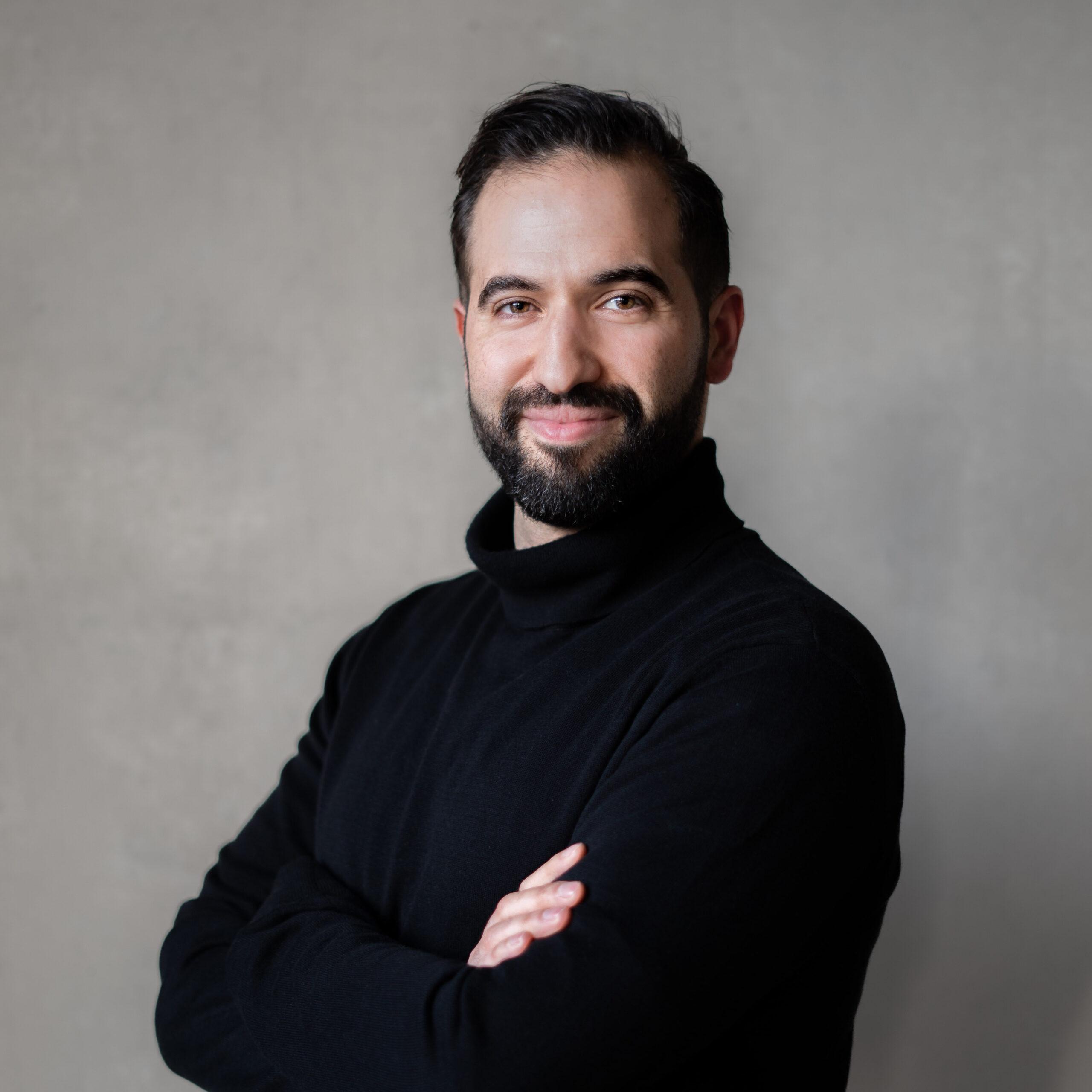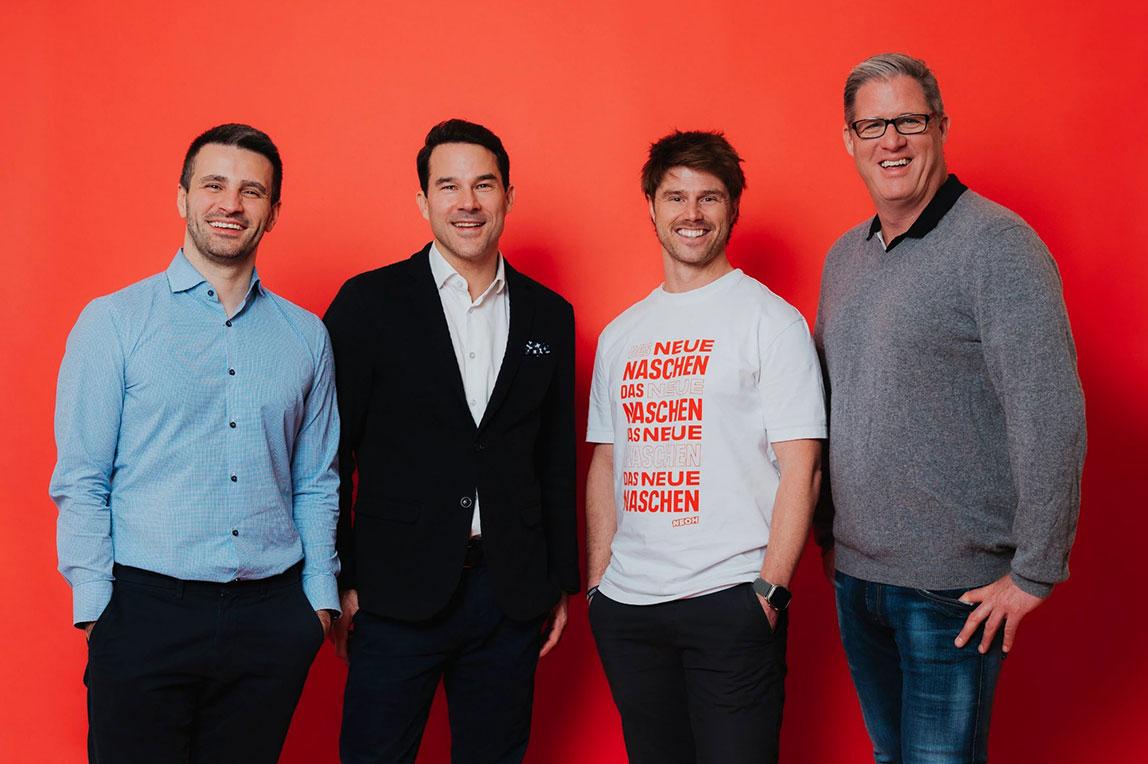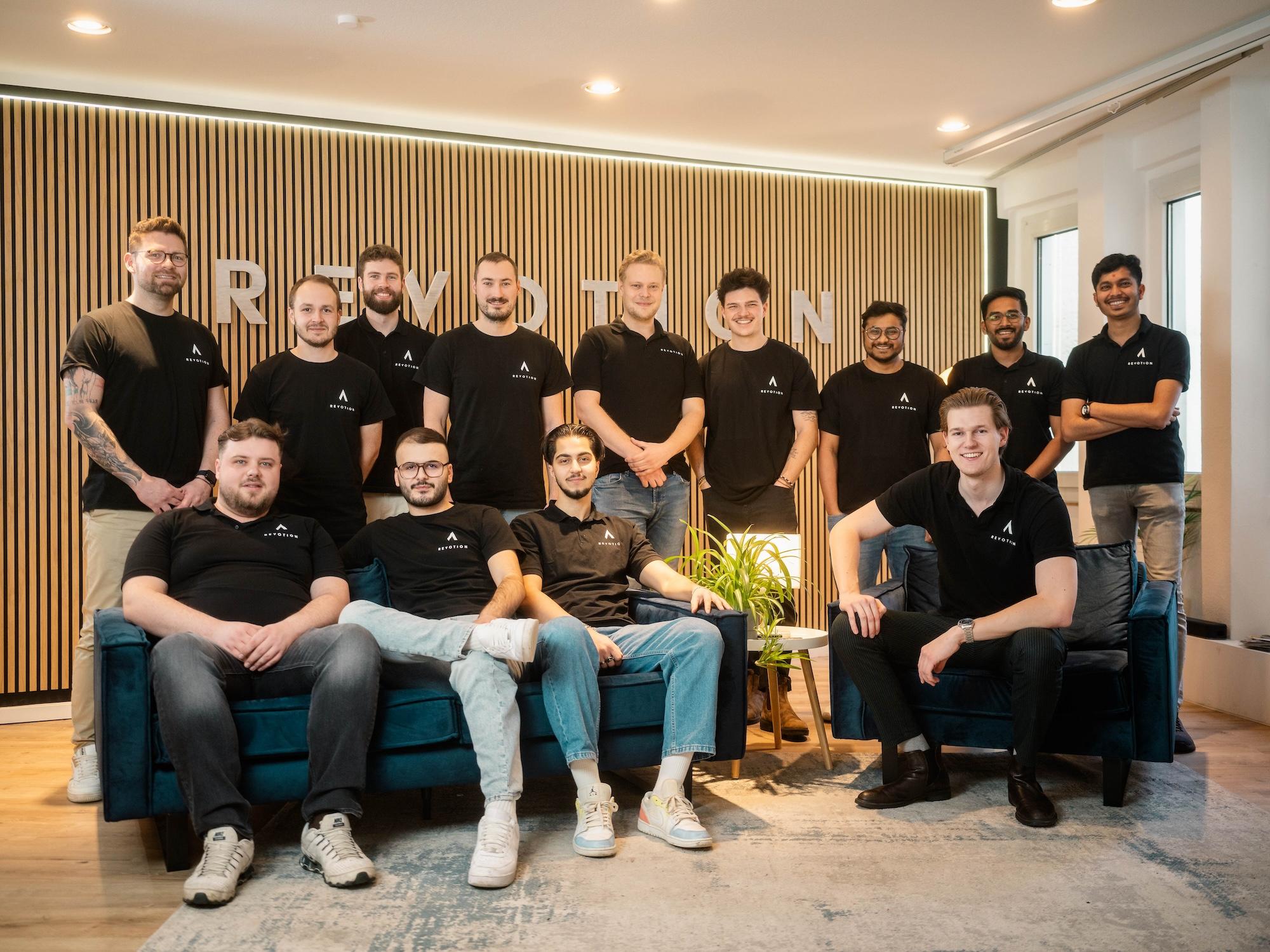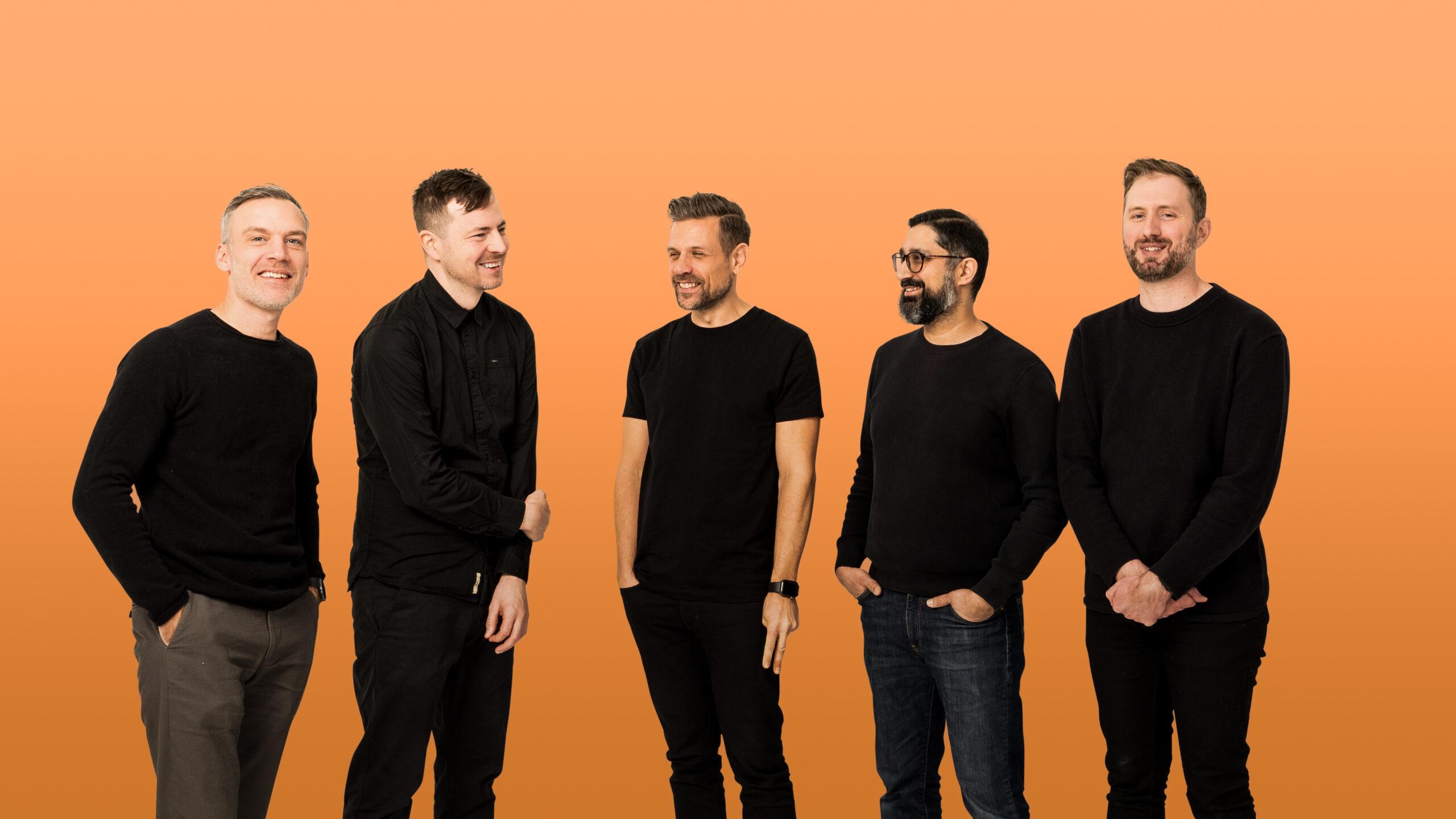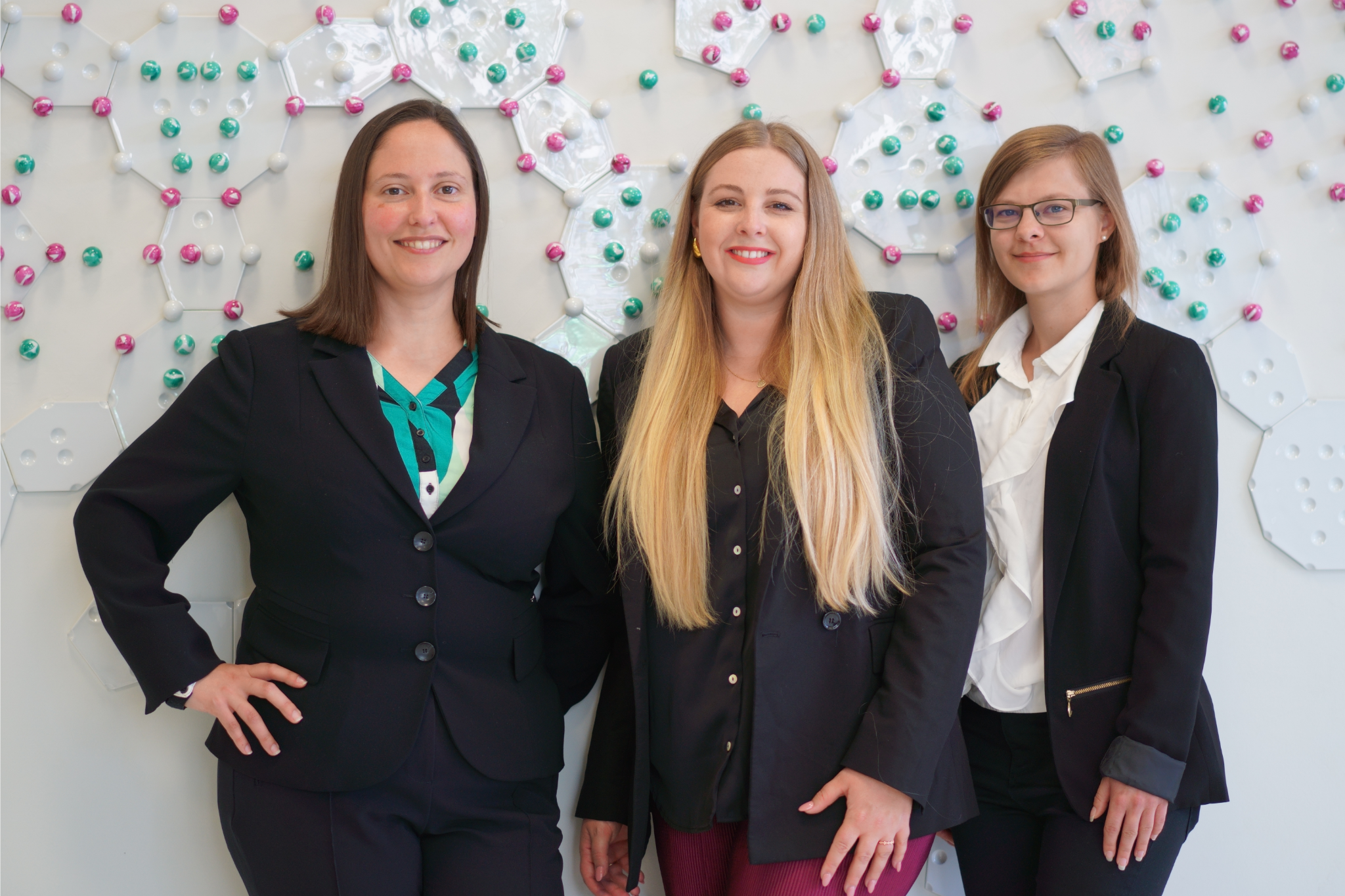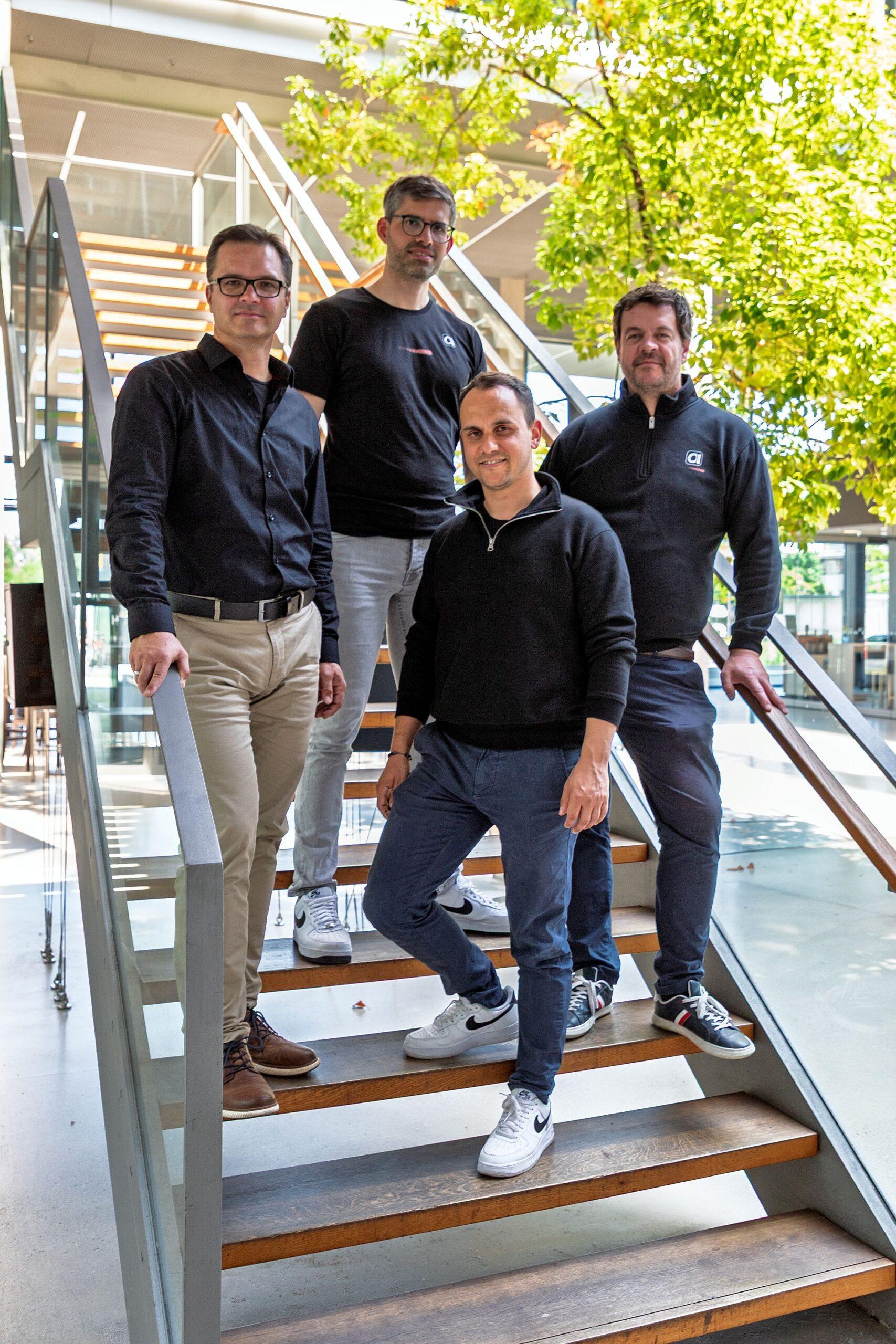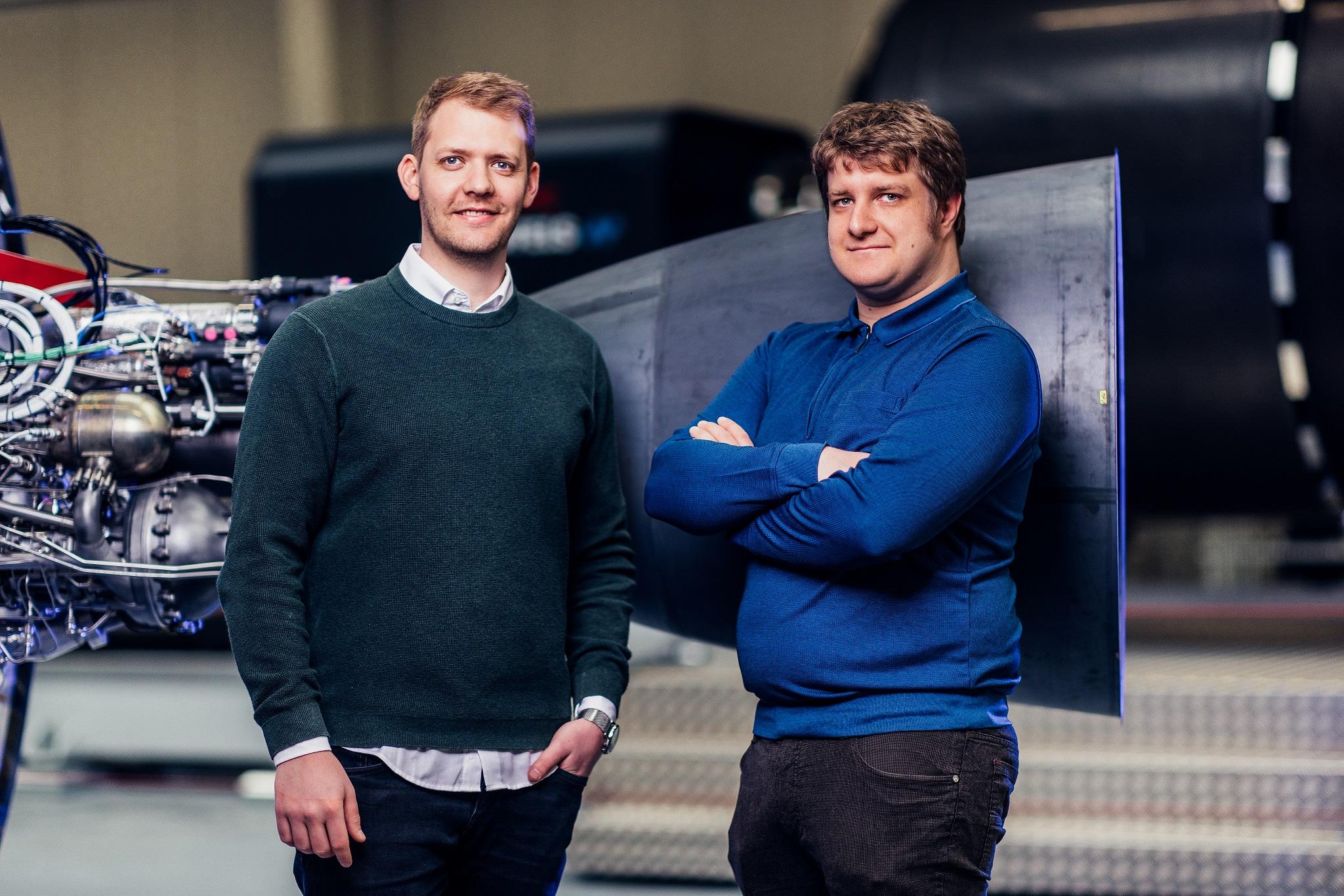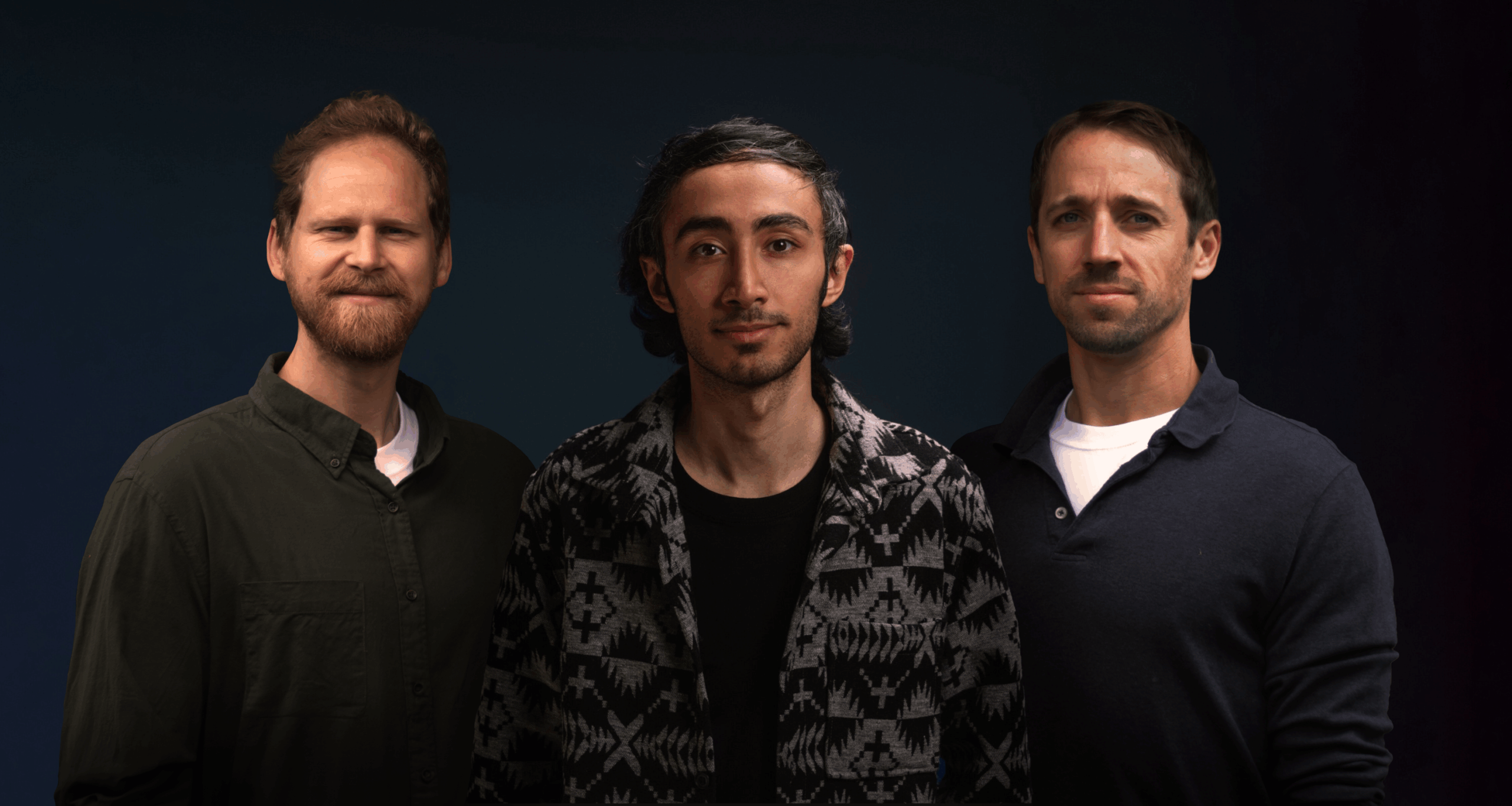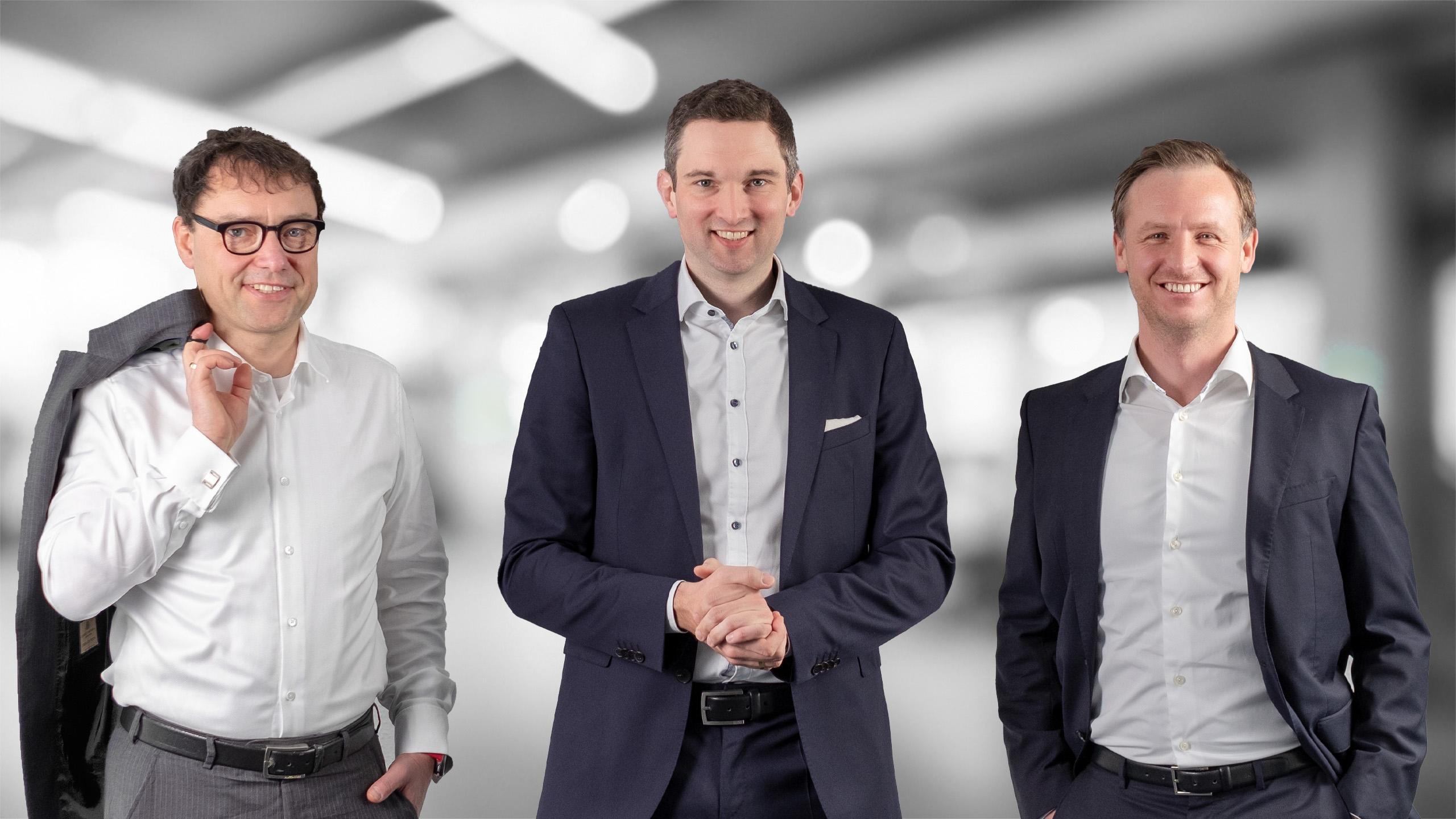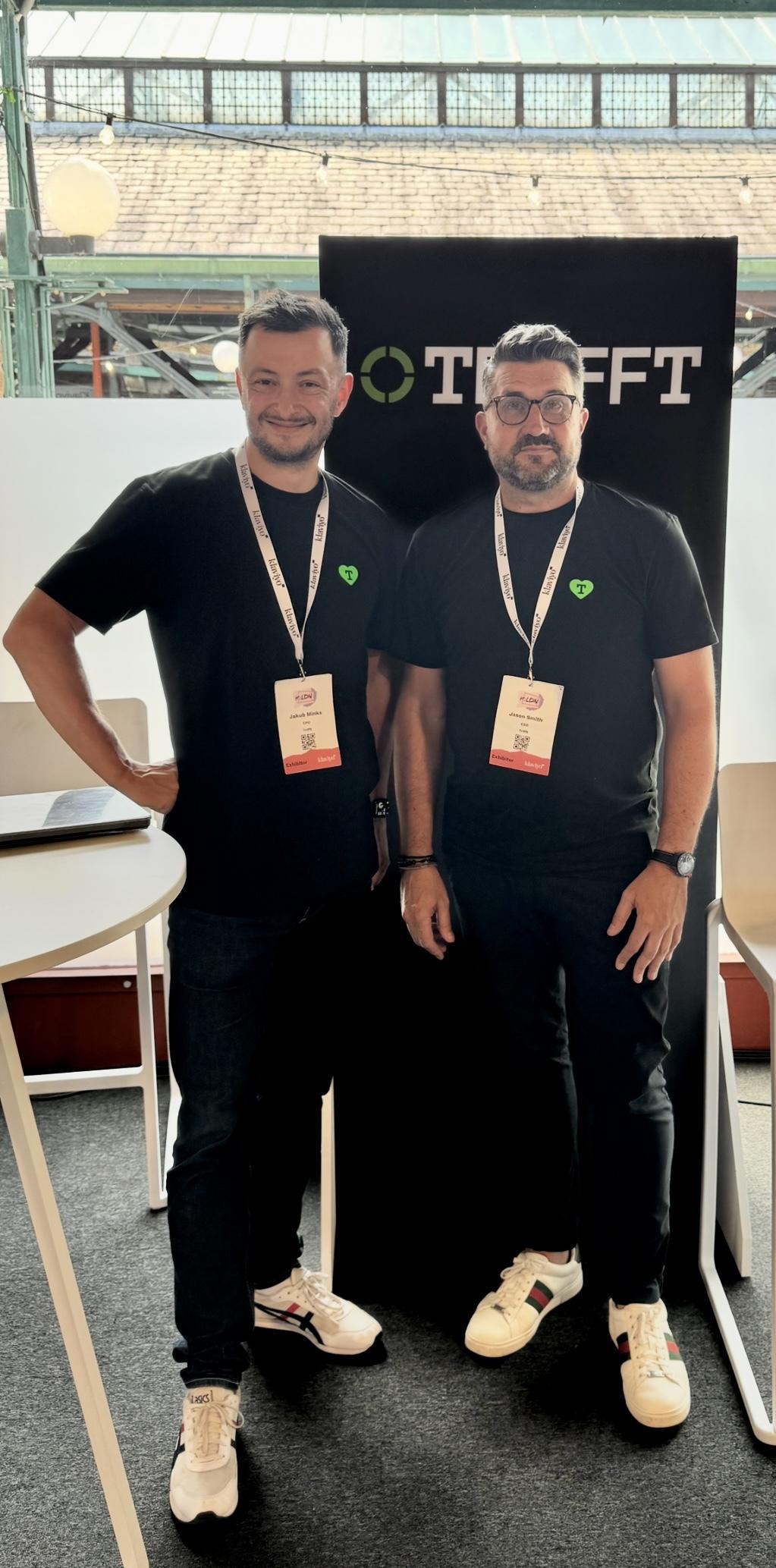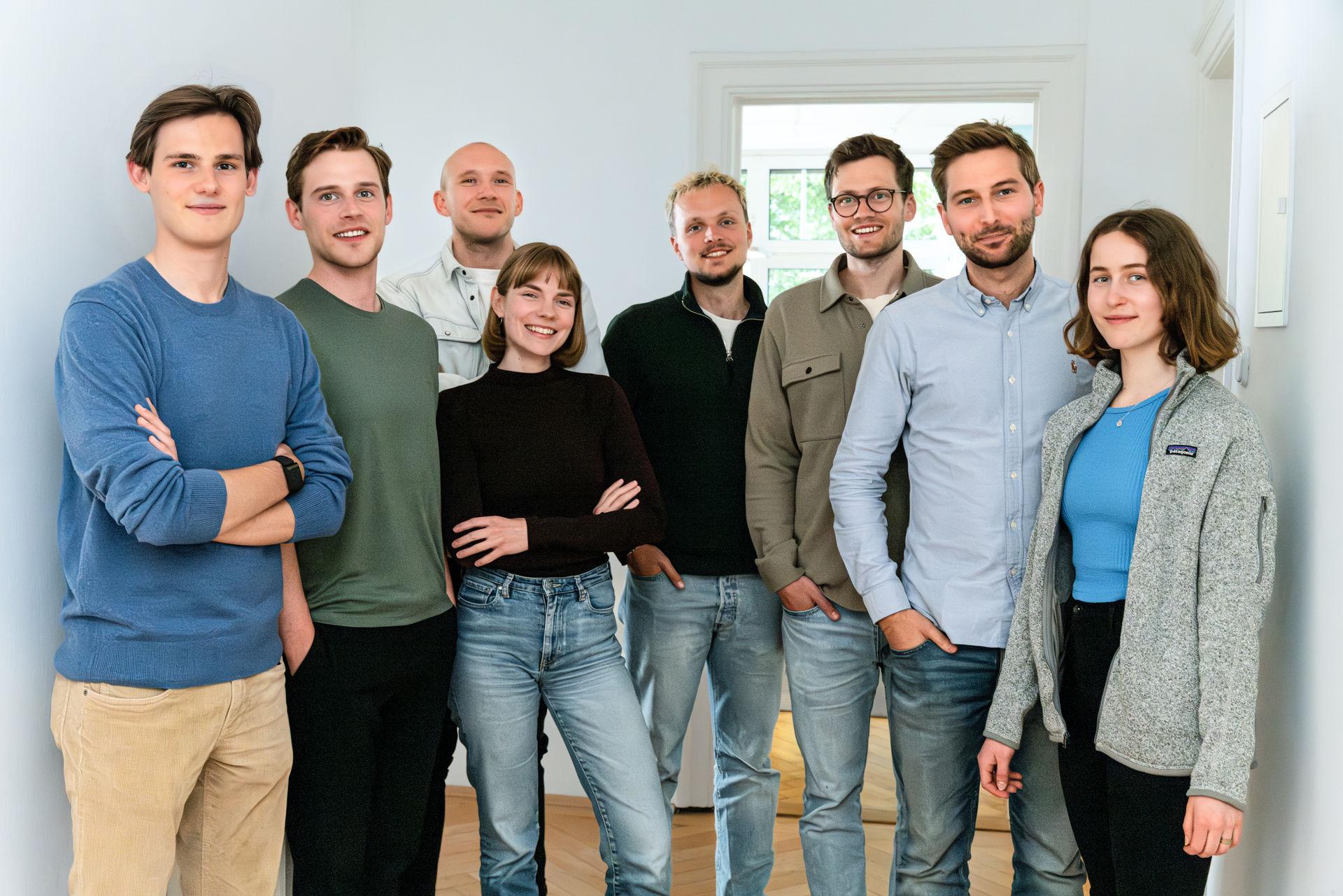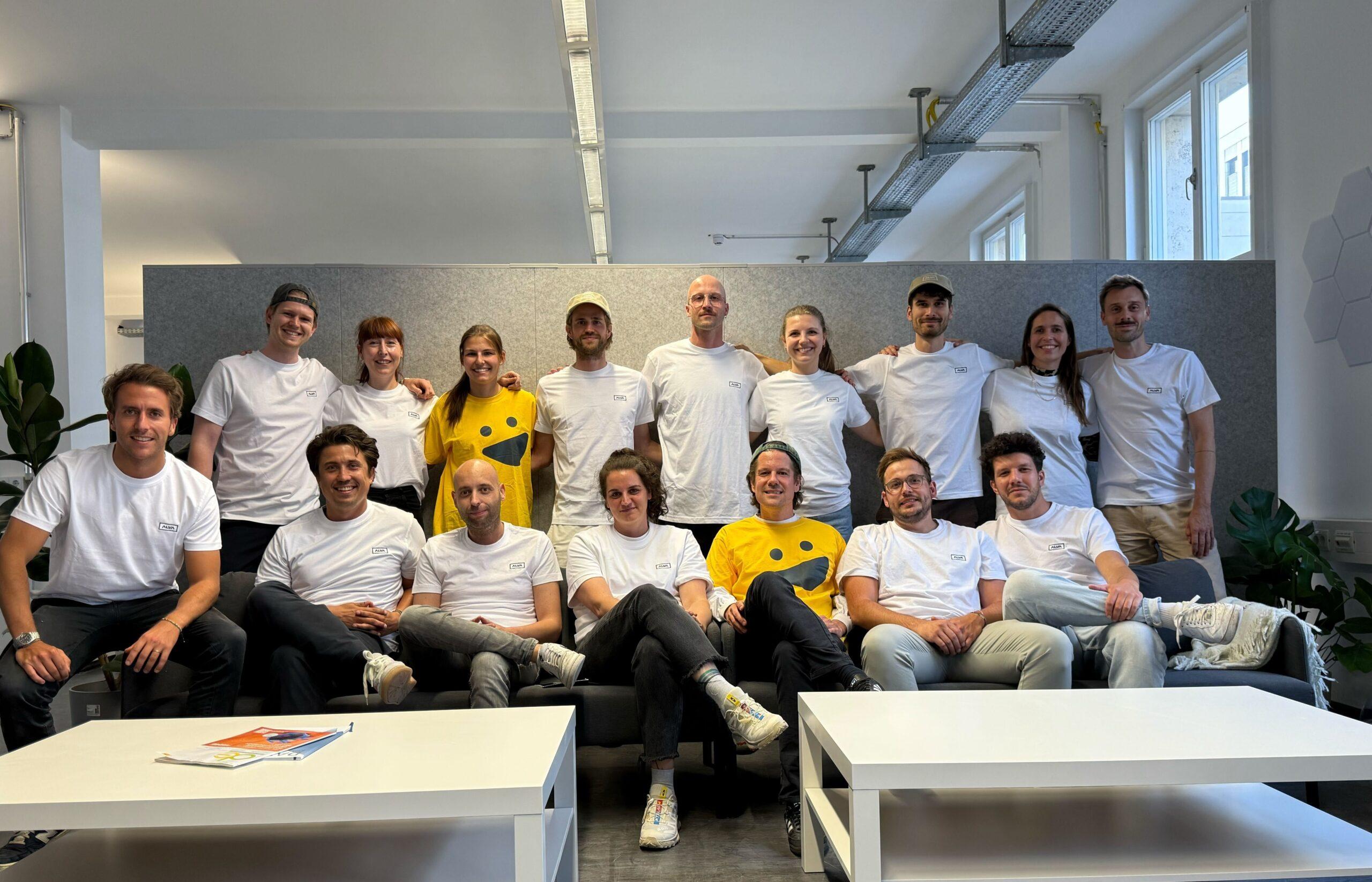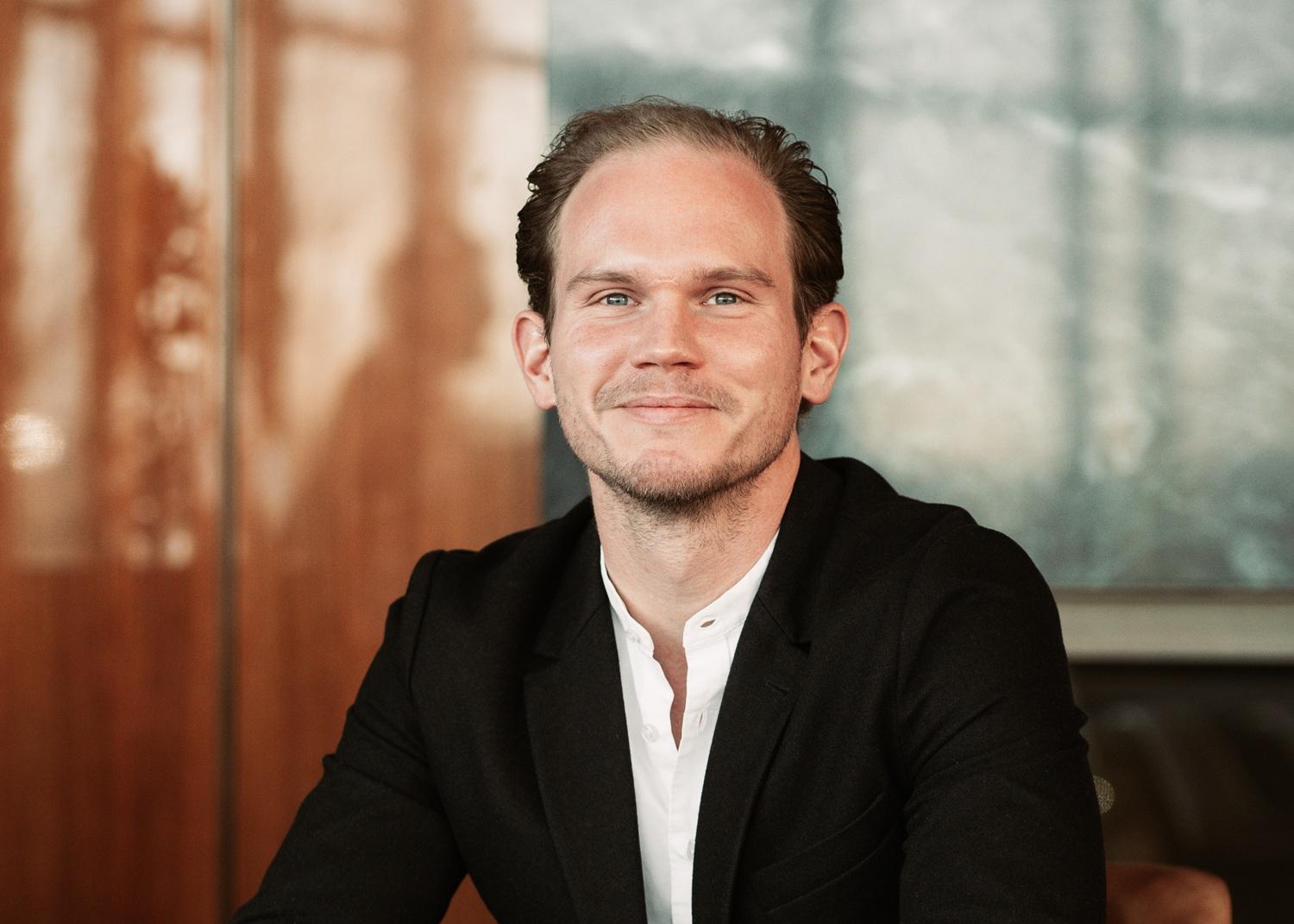Planqc raises millions
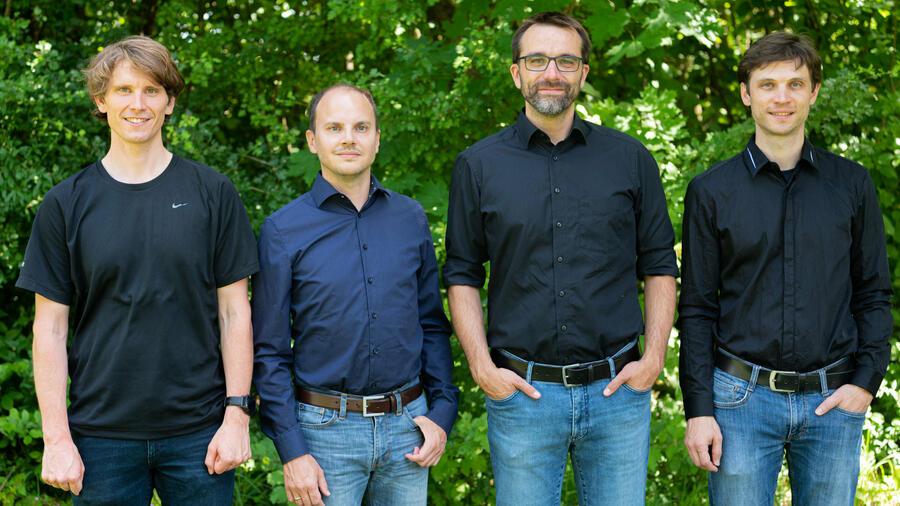
The start-up for quantum computers was able to secure funding just a few months after it was founded. It is backed by a Max Planck Institute.
The German quantum computer start-up Planqc has secured 4.6 million euros in its first round of financing. The round was led by UVC Partners and Speedinvest; Ann-Kristin Achleitner and entrepreneur Markus Wagner had previously provided start-up financing. With this financing round, the start-up is sending out a clear signal against the prejudice that there is rarely any money for important research in Germany. The Handelsblatt first reported on the financing.
The start-up is a spin-off of the Max Planck Institute in Munich, founded by Alexander Glätzle, Sebastian Blatt, Johannes Zeiher and Lukas Reichsöllner. It is also the first spin-off in the so-called "Munich Quantum Valley". This is a network of research institutions, companies and universities that aims to promote the founding of start-ups and bring research and entrepreneurship together. 380 million euros have been available from various state and federal funding pots since the beginning of the year.
The founders see a great opportunity in their research and quantum computers in general: "As soon as our quantum computers demonstrate a quantum advantage for an industry-relevant problem, they will unleash their enormous social and economic potential," says Alexander Glätzle.
Hopes for the young start-up are also high because companies and politicians want to promote the topic of quantum computers. Scientists and companies alike hope that this future technology will enable computers to solve certain tasks much faster than with a conventional computer. Complex and time-consuming calculations for the development of medicines could presumably be accelerated in this way. Google and other large tech companies are also researching this, but so far there has been no breakthrough. The problem: quantum bits can change their state and even assume two different states at the same time. It is physically and technically extremely difficult to keep the so-called quantum bits stable. However, scientists have to manage this for quantum computers to work.

Newsletter
Startups, stories and stats from the German startup ecosystem straight to your inbox. Subscribe with 2 clicks. Noice.
LinkedIn ConnectFYI: English edition available
Hello my friend, have you been stranded on the German edition of Startbase? At least your browser tells us, that you do not speak German - so maybe you would like to switch to the English edition instead?
FYI: Deutsche Edition verfügbar
Hallo mein Freund, du befindest dich auf der Englischen Edition der Startbase und laut deinem Browser sprichst du eigentlich auch Deutsch. Magst du die Sprache wechseln?







